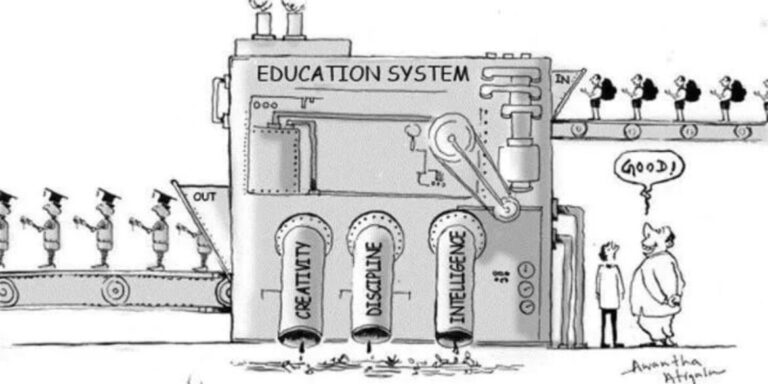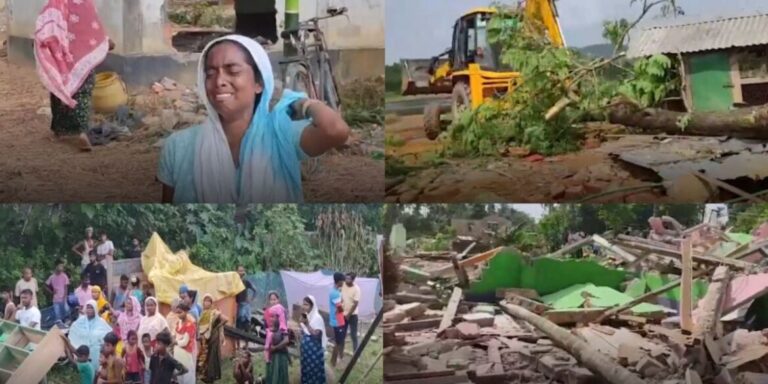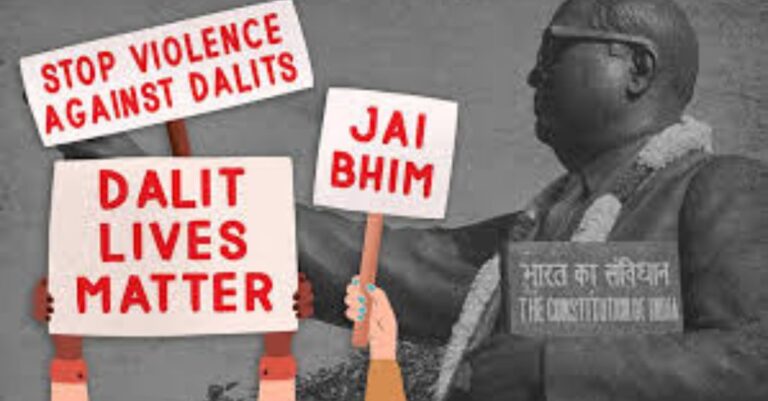By Gobind Singh and Sadat Hussain
Plastic pollution is reaching epic proportions. Traces of plastic have been found in human blood, placenta and even in breast milk.
Plastic pollution is reaching epic proportions. Traces of plastic have been found in human blood, placenta and even in breast milk. Future generations are exposed to plastic pollution right from birth which is putting humanity at grave risk. Plastic is a synthetic polymer produced from petrochemicals and is non-biodegradable in nature.
Once produced, plastic items remain around us long after being discarded. Discarded plastic items often find their way into terrestrial and aquatic ecosystems where they affect wildlife. Polythene bags dumped in landfills are often ingested by animals who mistake them for food. Discarded plastic breaks down into microplastics which are ingested by living organisms and accumulate and amplify in the food chain, all the way up to our platter. When ingested by animals, microplastics potentially impact the reproductive system and affect overall wellbeing.
We are only beginning to understand the full impact of microplastics on human health. What is increasingly becoming clear is that plastic pollution is a serious health hazard and must be brought under control. Of particular concern are disposable or single-use plastic items since they are produced in large quantities and are discarded as soon as they are used. These include polythene bags, plastic glasses, potato wafer packets, sachets, straws and plastic bottles.
The relative convenience of using plastic items has ensured their rapid spread and deeper penetration in society. According to the Central Pollution Control Board, total plastic waste generated in India in 2020-21 was 4,126,997 tonnes. This figure is more than double of what it was in 2016-17 (1,568,714 tonnes per annum).
Concerned with the ever-increasing plastic waste and its impact on the environment, the Government of India banned many single-use plastic items in 2022. The Plastic Waste Management Amendment Rules 2021 prohibit more than a dozen single-use plastic items that have low utility and high littering potential. These include items like plastic cutlery, straws, earbuds, ice cream sticks, invitation cards and cigarette packs. In addition, the minimum thickness of permissible polythene bags has been increased to 120 microns so that they can be reused.
The initiative to curb the plastic menace by banning specific single-use plastic items is timely. Plastic bans of some kind exist in many countries around the world. However, implementation of the ban is the real challenge, as is course correction through feedback mechanisms.
A recent report on the single-use plastic ban across five Indian cities by the Delhi-based Toxics Link organisation found that more than 50 per cent of surveyed locations continued to sell banned single-use plastic items. The report titled Single-use Plastic Ban in India (2023) mentions polythene bags to be the most abundantly found among banned plastic items across all surveyed cities.
Another report on the implementation of a single-use plastic ban in India found it to be half-hearted and ambiguous. This 2023 report by the Centre for Science and Environment highlights the need to enforce the ban at the source of production. It also questions the exclusion of other single-use plastic items from the ban. Single-use plastic items like potato wafer bags, plastic water bottles, milk packets and shampoo sachets are not included in the list of banned items. Allowing the use of polythene bags above 120-micron thickness is yet another limitation of the ban.
The thickness of polythene bags is not immediately apparent and the resulting confusion promotes use of all types of polythene bags. Secondly, thicker polythene bags are allowed so that they can be used more than once. However, this is often not the case and even when they are reused, they are soon discarded. Keeping them outside the purview of the ban is only adding to the plastic waste burden.
There is a need for course correction by banning all polythene bags irrespective of thickness. Similarly, there is a need to regulate the use of all plastics and not just single-use plastic items.
Our plastic waste control policy must focus on the segregation of waste where it is generated and the collection & recycling of every plastic item. The role of plastic in personal protective equipment and other COVID-19 prevention strategies cannot be ruled out. Covid-19 is not the first pandemic to wreak havoc in the world, it certainly isn’t the last.
The World Health Organisation has conceptualised Disease X, a hitherto unknown COVID-19-like pandemic against which all nations must start preparing. Plastics will certainly play a life-saving role in pandemic prevention strategies.
The greatest hindrance in controlling plastic pollution is the large-scale use of plastic in our daily lives. We must prioritize the use of plastics to where they are absolutely required and ban their use where alternatives are available.
(The writers are, respectively, associate professor and a student at the Jindal School of Environment & Sustainability, O.P. Jindal Global University, Haryana, India. It was first published in The Statesman)




